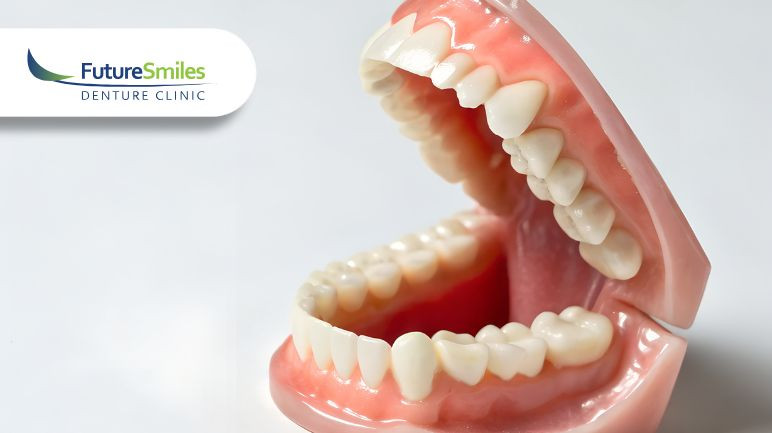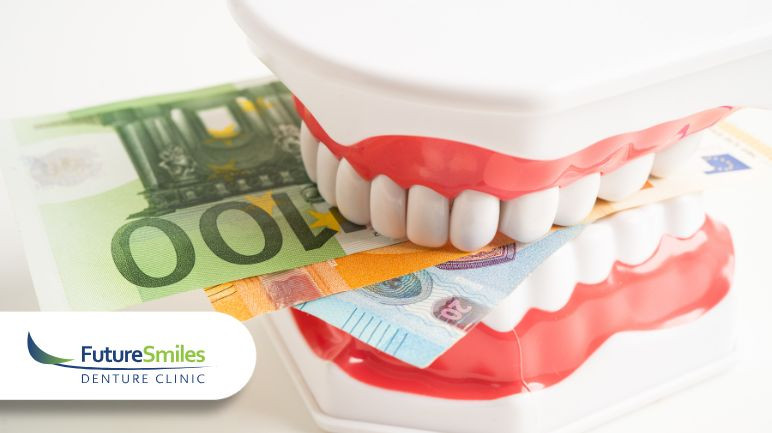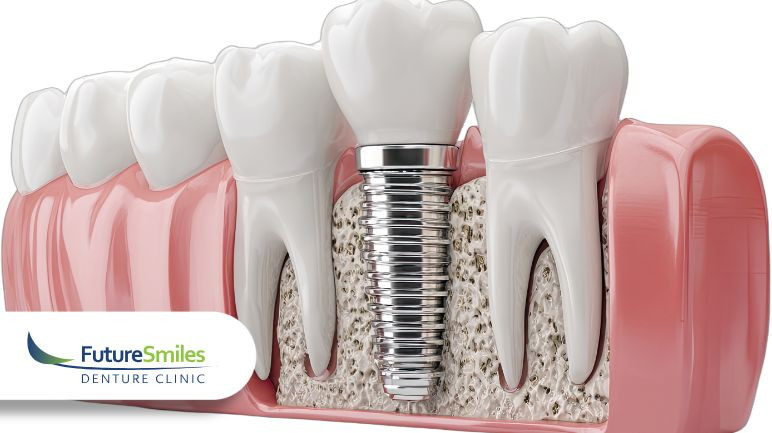Dentures can be a great solution for tooth loss, and modern advances in dentistry have made them increasingly more natural in their appearance and comfortable to wear.
Unfortunately, some patients may still experience problems such as mouth sores, speech impediments, eating trouble and mouth infections from wearing dentures.
Below is a list of common problems, with the potential causes, and solutions for denture wearers.
If you are suffering from any of these problems, or one that is not listed here, contact us today for a consultation.
| Problem | Cause/Symptoms | Solution |
|---|---|---|
| Too much saliva | A new denture is a foreign body in the mouth and can stimulate food-related responses such as excess saliva. |
Your mouth will gradually adapt and accept your dentures. Remember to keep calm as anxiety about your dentures will only make the adaptation period worse. In the meantime, try swallowing more frequently or chewing on a hard candy/mint. |
| Mouth sores and/or pain |
Sore spots from dentures can occur due to pressure in a particular area. This may cause chafing of the sensitive gum tissue, causing pain and discomfort. Possible causes include:
|
Rinse your mouth with warm salt water or consider using a denture adhesive to prevent denture movement and reduce irritation. If your dentures feel loose, visit your denturist. Perhaps you need an adjustment or a new set of dentures. |
| ‘Full Mouth’ Feeling | If you are a first-time denture wearer, you may feel as if they are too big for your mouth or that your lips are being pushed forward. |
This is a natural part of the adjustment period. Remember to wear your dentures as much as possible so that the muscles in your mouth learn how to keep them in place. |
| Denture Stomatitis (Thrush) |
Thrush is caused by a yeast or fungus called candida. It is often characterized by white spots or red, sore areas. Denture wearers are at a risk of developing thrush especially if dentures are not kept clean or don’t fit well. |
The best ways to prevent a mouth infection from wearing dentures is to:
Thrush is not usually serious and can generally be cleared with treatments such as gels and tablets. |
| Trouble speaking or eating |
Getting used to eating and speaking with your new dentures will take time and is one of the most common early denture problems. This is because your muscles must learn to adapt to your dentures. |
If you’re having difficulty eating or speaking with your dentures, consider:
If your speech or ability to eat doesn’t improve over time, then visit your denturist as your dentures may require adjusting. |
If you are struggling with the challenges of wearing dentures or are experiencing any of the above symptoms, there’s no need to panic!
Contact Future smiles and we will provide you with comprehensive, advanced denture solutions to help improve your quality of life. One of our friendly staff will help you by calling 403-475-0016.
Future Smiles is located in the trendy Macleod Area in Calgary, with free parking available for our patients. House calls and financing are also available.






